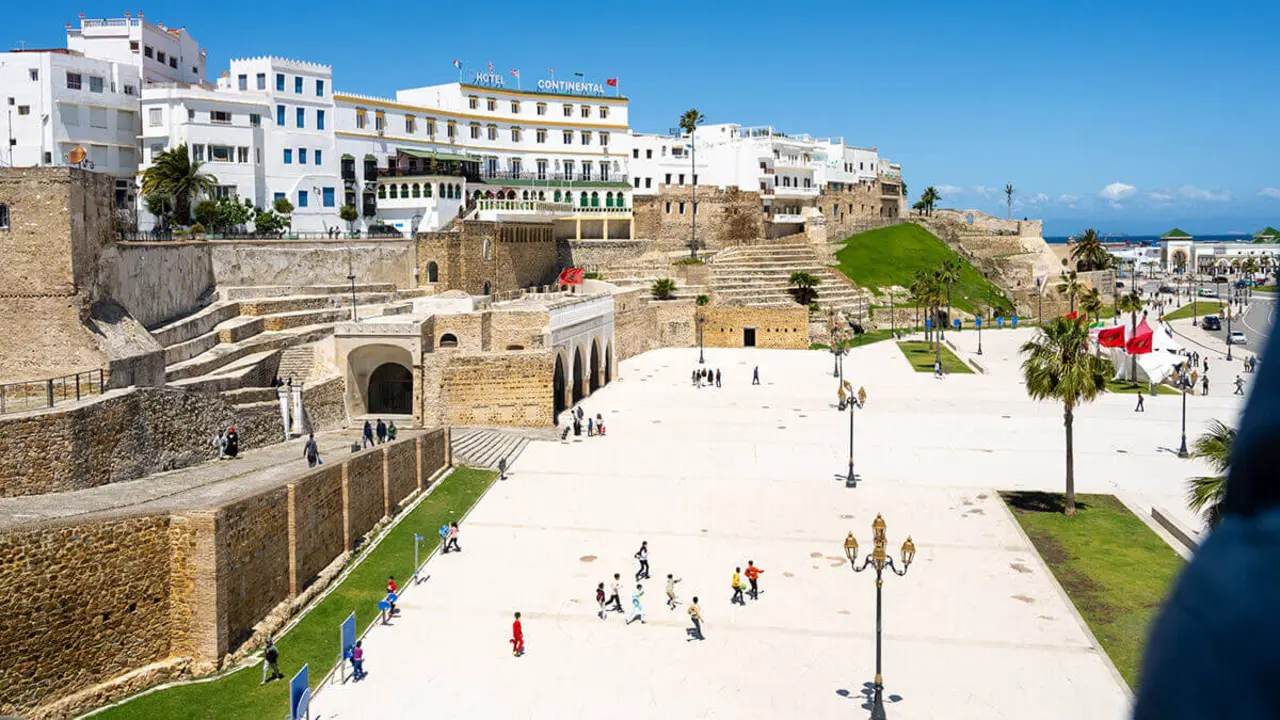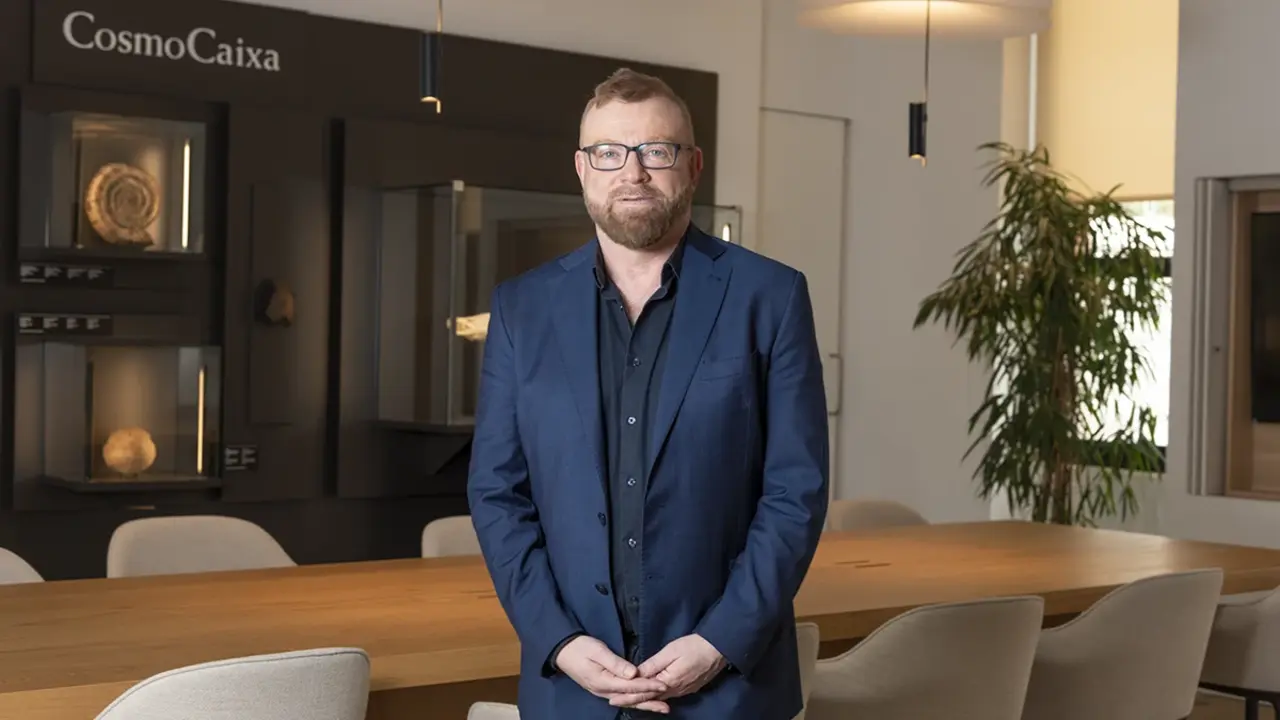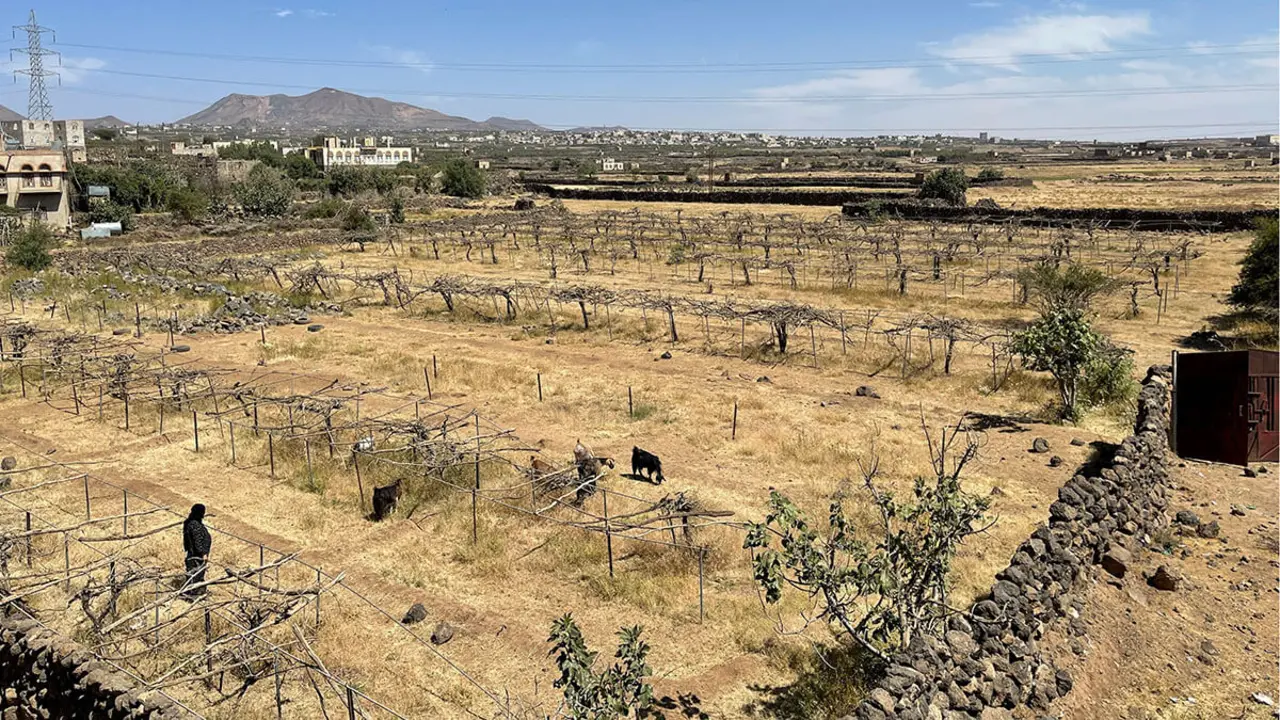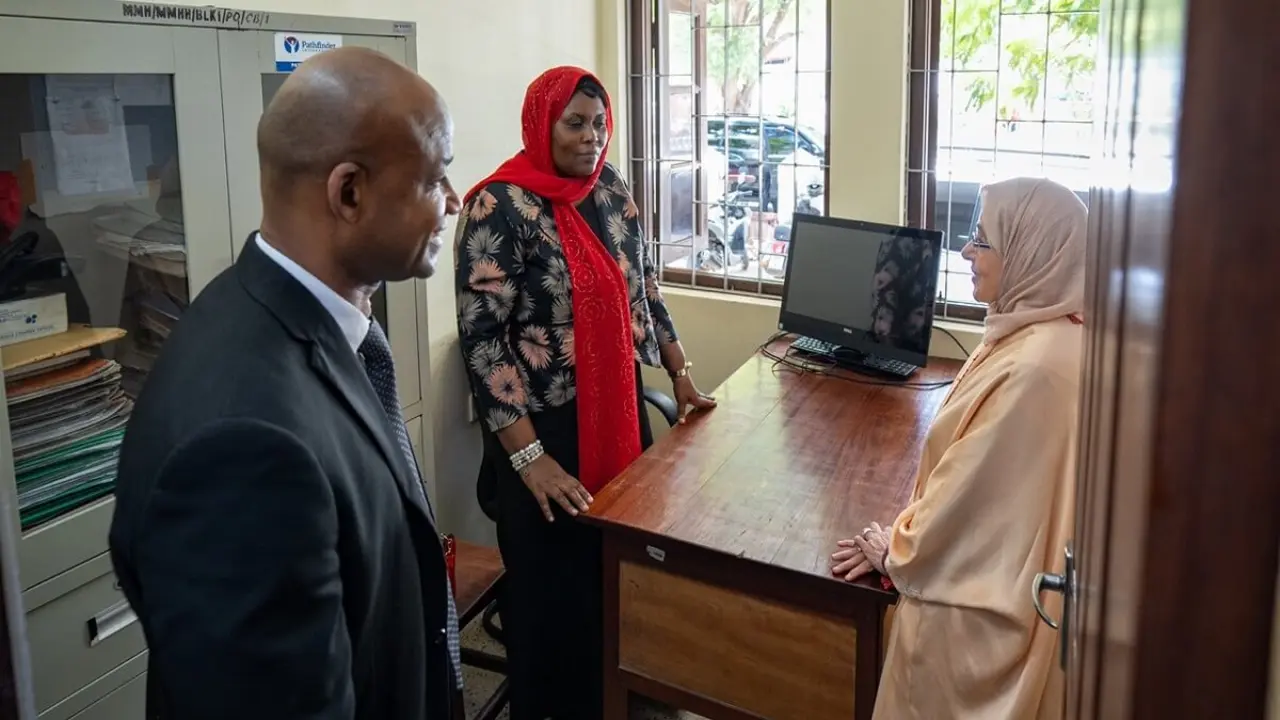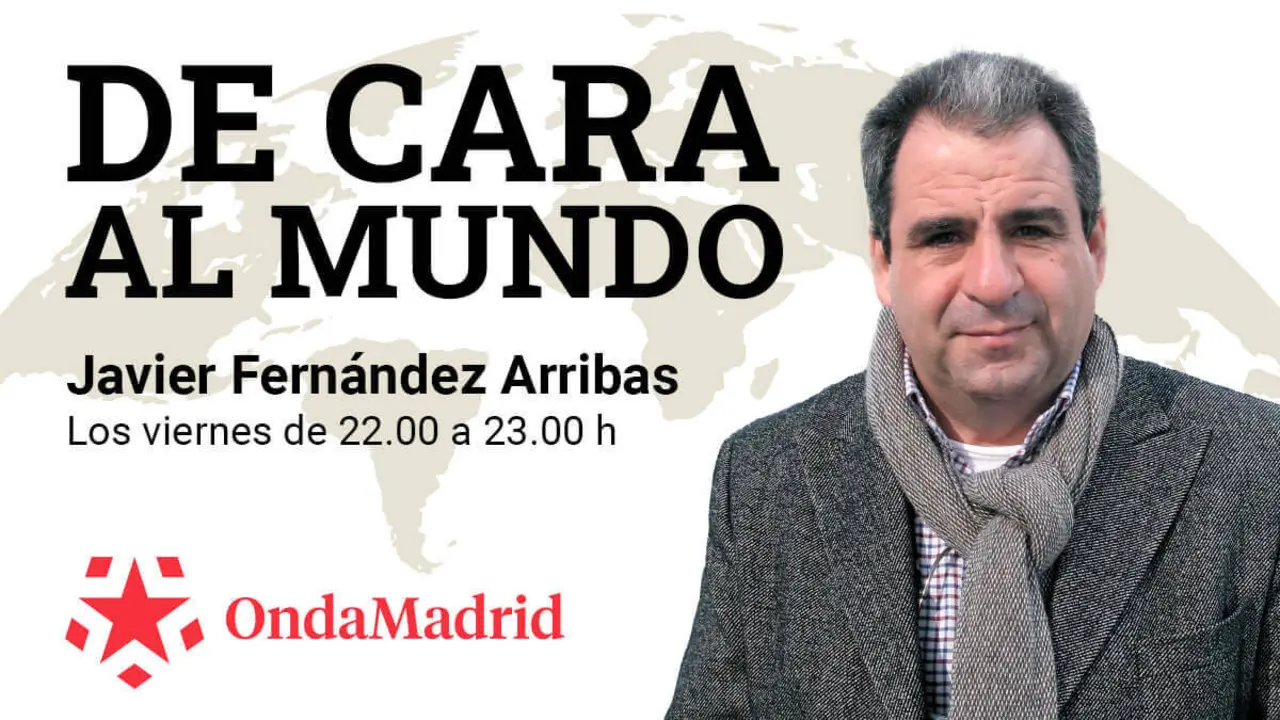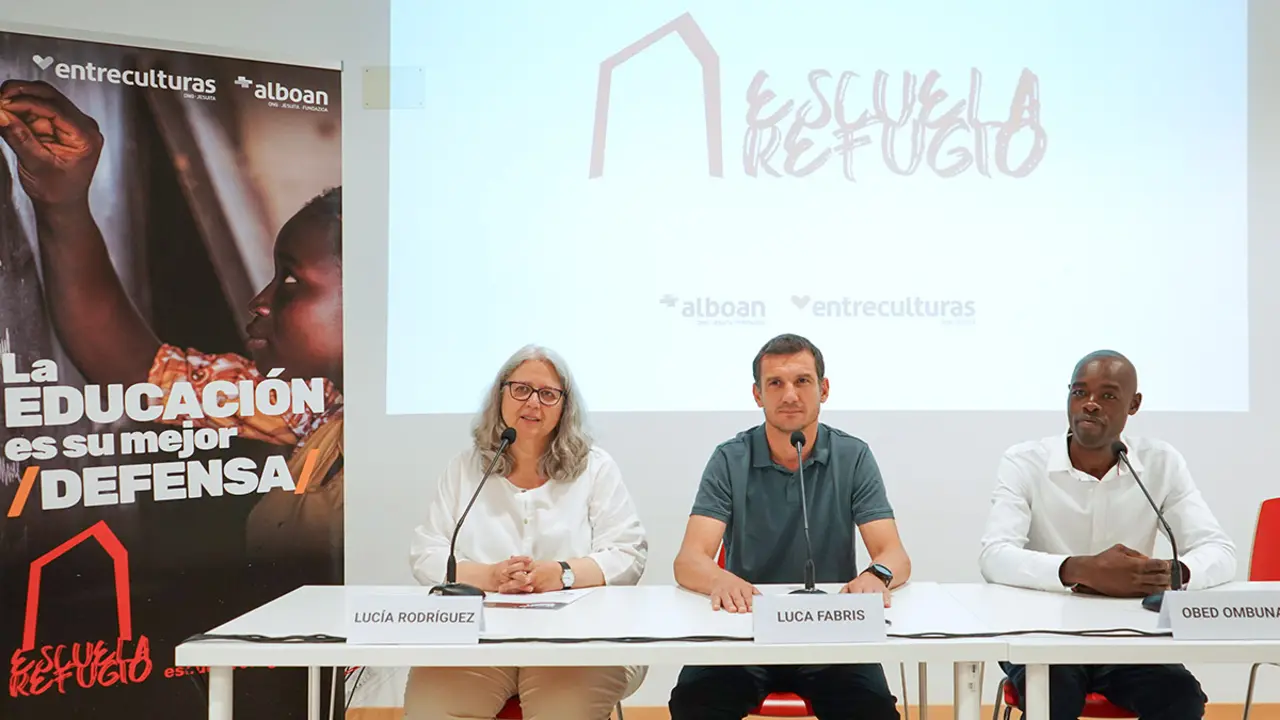Israel and Santander, recall their cultural ties
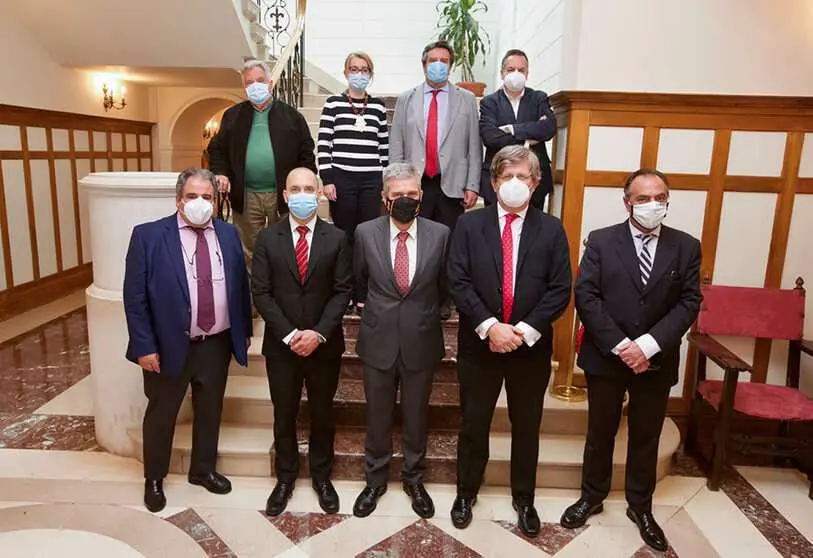
For the second consecutive year, the Cantabrian capital has hosted the Public Diplomacy and Cultural Cities Seminar with the aim of dealing with culture as an "unbeatable tool" of union in the construction of bridges of understanding between different countries.
The historical legacy that has united the Spanish and Hebrew cultures for centuries has been characterised by a strong cultural character, especially in the linguistic sphere, which has managed to be maintained to the present day. In this spirit, the Seminar aims to build bridges between the two regions in order to develop strong, stable and lasting diplomatic relations.

The day began with a presentation by the director of the magazine Atalayar, Javier Fernández Arribas, who stressed the importance of working in a space of coexistence between cultures in order to shape "a future of progress and peace". Afterwards, the Mayoress of Santander, Gema Igual, stated that these meetings are held with the aim of "creating bonds of union and making us feel ever closer". After this speech, the Councillor for Culture, Javier Cerruti, stressed that "Israel is a democratic country that represents the West in Europe, as well as our culture", since our heritage is based on a marked "Judeo-Christian substratum".
Similarly, Israel's ambassador to Spain, Rodica Radian-Gordon, spoke online to stress that "we have to meet again and contact the public in different ways". Gordon also emphasised the country's high capacity for soft power through energy and cutting-edge technological development.
The confluence between the two cultures "was manifested in the Sephardic legacy". "This is part of the conscious links in our relations, since there is a very important Sephardic presence in Israel", he stressed.

In this sense, the Israeli Embassy's press officer, Uriel Macías, stressed that "there is a percentage of the Israeli population that is aware of their Sephardic descent and in some way links them to the Spanish past".
"There is a clear awareness of this common past, a past with lights and shadows. The history of Spain cannot be conceived without the Jewish presence, with its episodes of splendour and its tragic episodes. The most dramatic was the expulsion of 1492", added Macías. "Cultural union is part of the past, but also of the present.

In addition, the press officer stressed that there is "great admiration" for the Jewish legacy in Spain. "The descendants of the expelled maintained the Hispanic language. Culture that developed in Ladino and that has links with that creation and that way of making poetry that had been forged in medieval Spain. The last manifestation in this line was the law granting nationality to the Sephardim, the mere existence of the law and its unanimous approval from Spain was a symptom of the closeness between the two worlds".
Another sign that reveals the importance of this link is the linguistic descent that has managed to be maintained in some Israeli areas, since a small minority continues to speak Judeo-Spanish, a very residual Ladino, but which is still used as a language in small environments. "In Israel we have around 10% of the population who speak Spanish, either by culture or by descent," he said.

"In Spain, we sometimes do not realise how important the Cervantes Institute in Tel Aviv is, since there are a large number of students in the activities offered by the Academy, which show the willingness of Spanish academic languages to integrate," he said.
Similarly, there are important links between Israel and Europe in economic and scientific matters. According to Macías, "Israel is the country closest to the West through agreements. Israel is Europe without being Europe, and it is the country with which we have a special closeness. It is a European country in Asia".
A surprising aspect in the cultural sphere is that Israel is the country where most people learn flamenco, since, according to the press officer, "flamenco in Israel has many followers and in some places in Andalusia we will always find an Israeli dancer. On the other hand, the prestige of Israeli dance groups is part of Spanish festivals".

"There has always been a cultural flow of which we are not aware of the importance," he remarked. In addition, there is a marked "fondness in Israel for Almodóvar and in Spain we will have more and more series produced in Israel, such as Fauda, while in Israel La Casa de Papel has stood out".
Literature is also a link between Spain and Israel. "It is not daring to say that all Hebrew literature is translated into Spanish, even children's literature". And vice versa, "in Israel you can find translated Spanish classics such as 'Cantar del Mío Cid', works by Lorca, 'Platero y yo', Cervantes and Galdós".
Journalist Pedro González has pointed out that "the existence of the kibbutz as a kind of true socialism was a first apprenticeship for a completely new and egalitarian society". The differential leap of the State of Israel lies in the powerful technological advance that served to establish a soft power. A power that, according to González, "goes far beyond military power, because it is based on technology, cybersecurity, defensive systems such as the iron dome".
Similarly, González emphasised that "Israel is a country that knows how to overcome adversity, capable of dominating hostile terrain such as the desert, thanks to its cutting-edge technology".

"Books reach out to people and touch their empathy and make them empathise and from there build bridges. I am an ambassador of empathy as a writer," said Israeli writer Eshkol Nevo, who has been embroiled in controversy over the publication of his latest book, 'Three Floors'.
"My presence in the world says a lot about democracy in Israel and its strength. To understand Israel you have to go beyond the news, in Israel we also think about other political issues, democracy, corruption... these are issues that are more in the limelight".

In the second round table, which dealt with Israel, policies and intercultural bridges, José María Peredo, Professor of International Relations at the European University, stressed that "it must be understood that these policies and intercultural ties are extraordinarily determined by this conflict. At the moment, it seems as if Israel has fallen into the quicksand of the new politics. This Frankenstein coalition sounds to us like the emergence of new, smaller, more radicalised political parties than in Spain and which have changed what has historically been a trajectory since the creation of the state of Israel.
"Israel wants to become a regional power, to transform itself from a small state to an influential state. Israel has modernised and updated itself and has established a series of agreements, strengthening its alliance with the United States and with Arab countries that show a change in the direction of Israel's policy", he said.

The table was chaired by the second head of the Israeli Embassy, Assaf Moran, who stressed in his speech that the Embassy is developing a project that seeks to strengthen ties between institutes in Spain and Israel in the field of science, technology and mathematics in young people and stressed that "Spain is the first country outside Israel in which we are developing the nanosatellite project".
Similarly, the director general of the Centro Sefarad-Israel, Miguel de Lucas, emphasised that "Israel is a very important part of the Jewish world. On the other hand, it is a friendly, plural, open and intensely democratic country".

After the debates, Javier Fernández Arribas and José María Peredo thanked all the participants and attendees of the Seminar for their attendance, both online and in person, although with strong capacity restrictions due to the COVID pandemic.
In this way, Spain continues its diplomatic journey, building bridges with countries with which it has a marked cultural and historical symbolism. In this way, the union between the two countries opens up new horizons in the sense of cooperation, marked by a new diplomacy in which culture has taken on a fundamental meaning as a tool capable of bringing cultures and people closer together.

